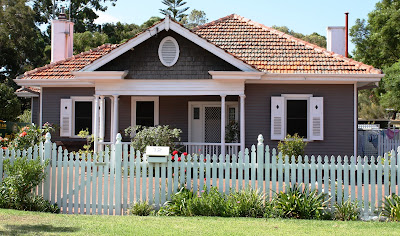Commercial bridge loans are the short term financing options for those who are looking to purchasing real estate property or looking for rehab and upgrading the existing property. These loans are not permanent and considered as interim funding options that provide finance until the sale or refinance of existing asset. Borrowers who are not able to qualify for permanent financing can take leverage of commercial loans.
If you are a loan seeker and thinking about commercial bridge financing option, you must read this full article to know each and everything in detail
What are Commercial Bridge Loans?
A commercial bridge loan is a short-term loan for purchasing or upgrading a property when the borrower cannot qualify for permanent funding. This type of loan is considered when it is required renovate a property for making it qualify for a permanent loan. However, there are some other factors also that make a borrower consider a bridge loan:
- The property has disappointing tenure rates
- The borrower’s credit profile is not good
- The borrower needs quick loan and cannot wait for permanent financing
Bridge loans carry a repayment period of 6 months to 3 years and after that the property can be sold or refinanced.
How Do Commercial Mortgage Bridge Loans Work?
Commercial bridge loans are a great way for consumers looking for fulfilling short-term capital requirements. While other mortgage lenders execute loans on the current LTV, commercial mortgage lenders lend the money on the future values of the property. A commercial bridge loan is beneficial for you when you are investing in a fruitful property that will bring good profits to a renovation.
Before approving or rejecting your loan, the commercial bridge loan lender will assess the property market and your renovation plan. If your application is approved the lender will examine the interest rate based on the risk involved.
The interest rate varies significantly based on the location and value of your property.





